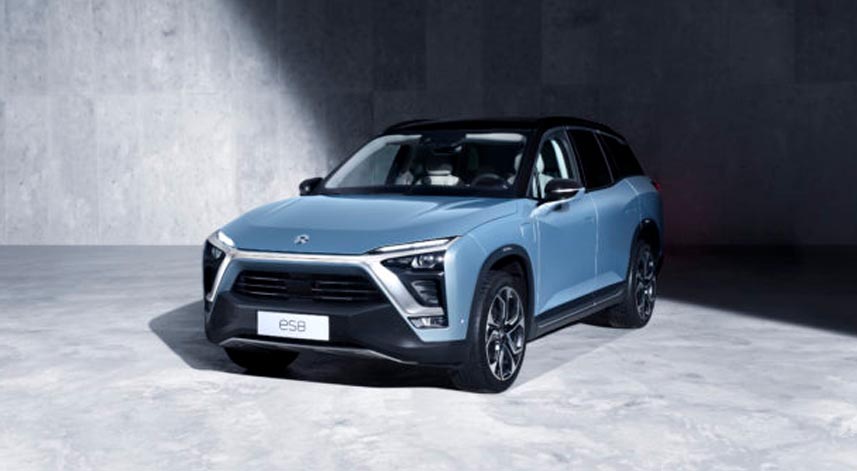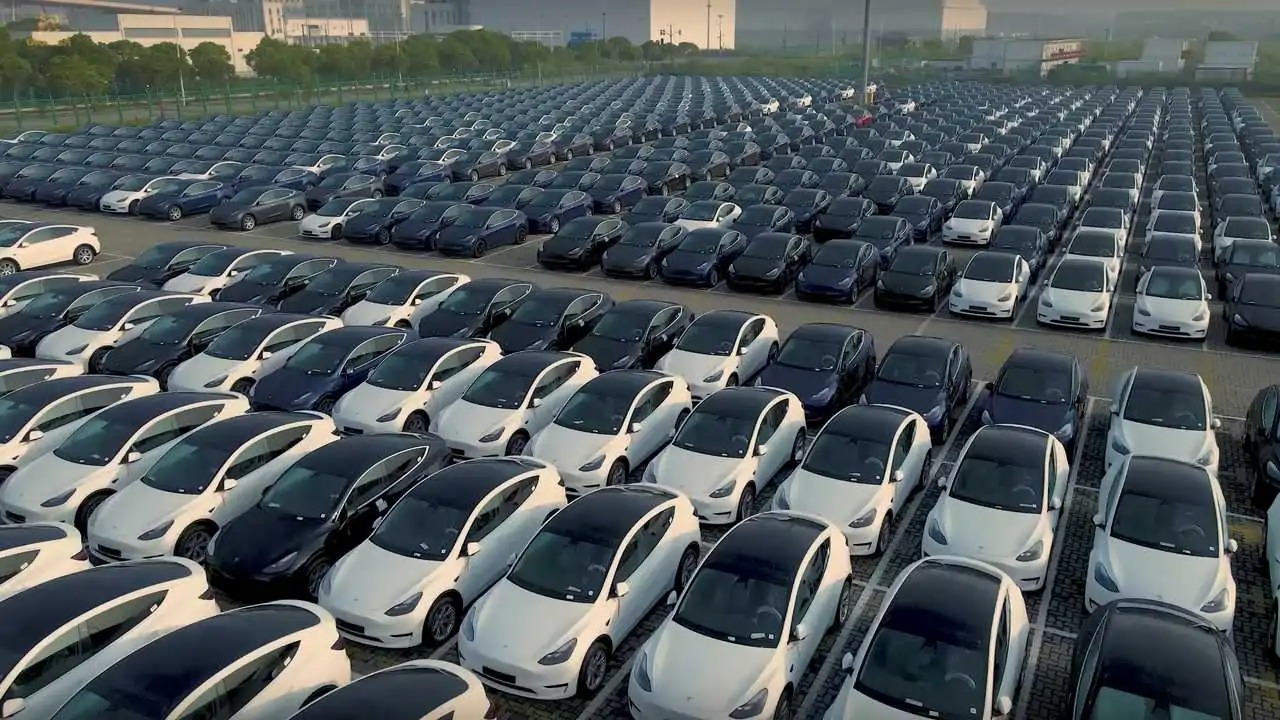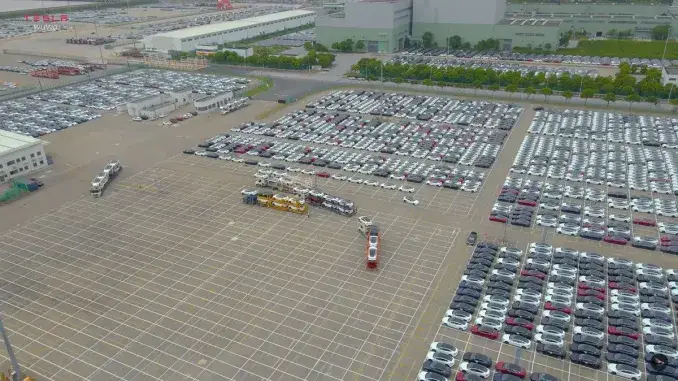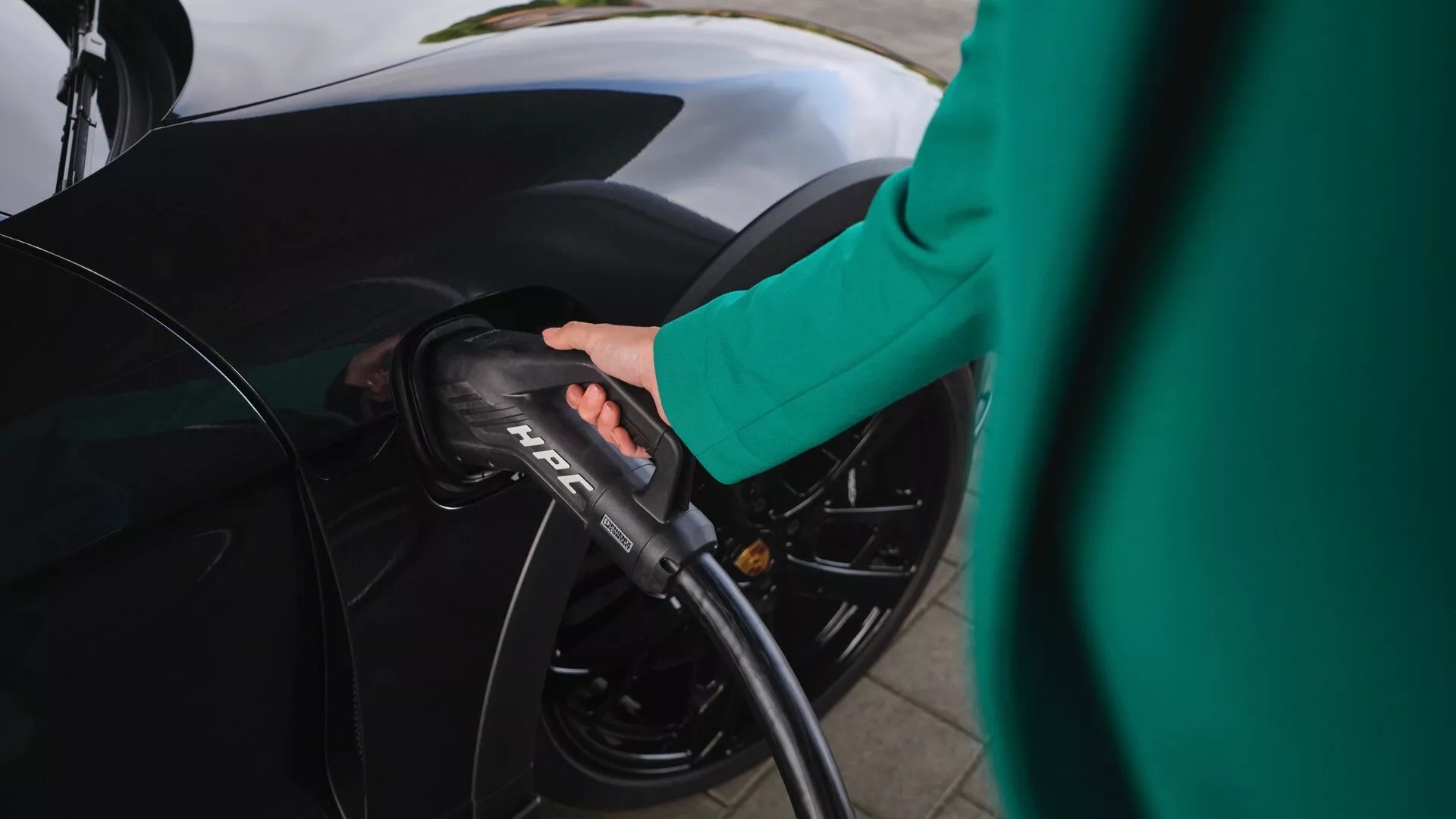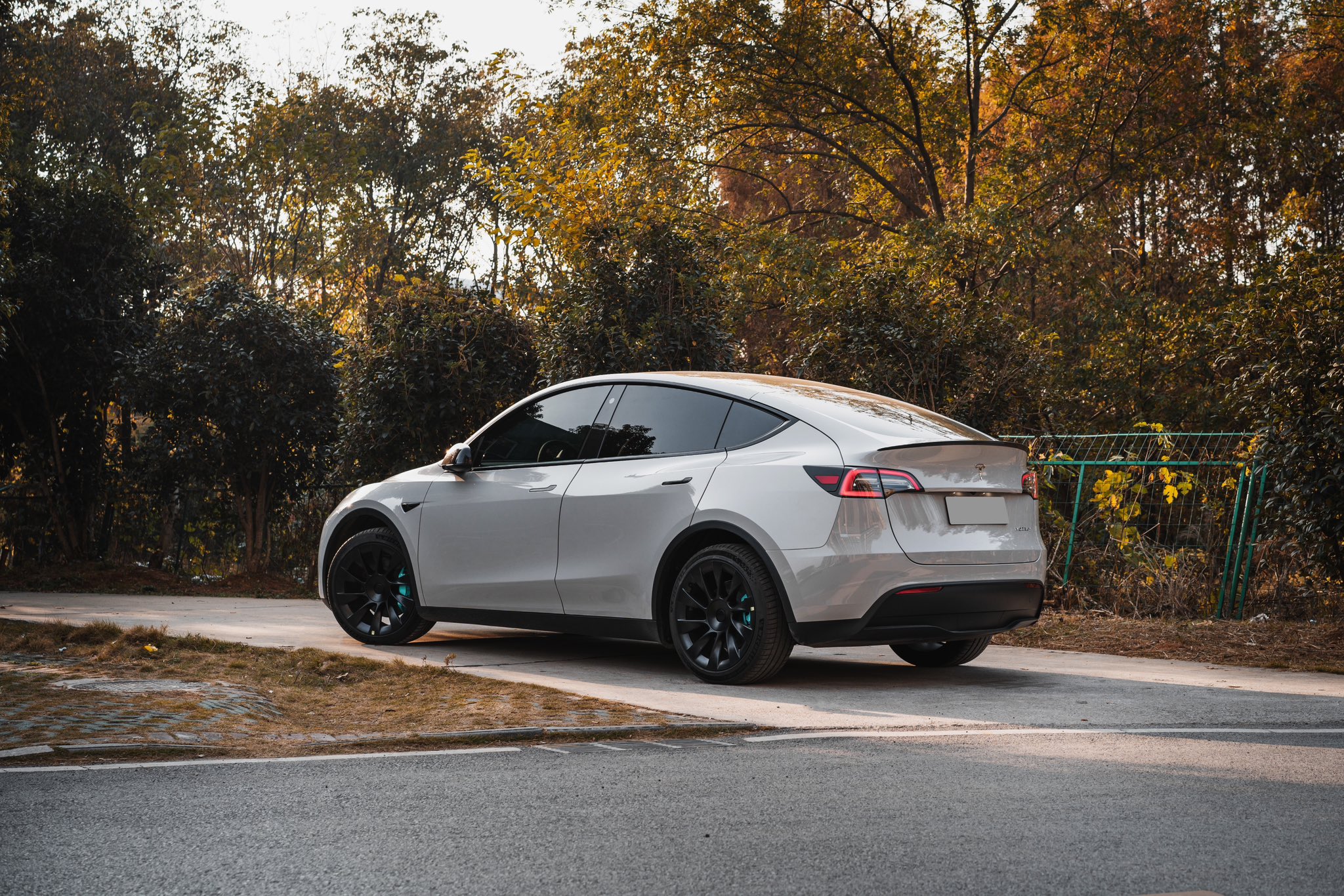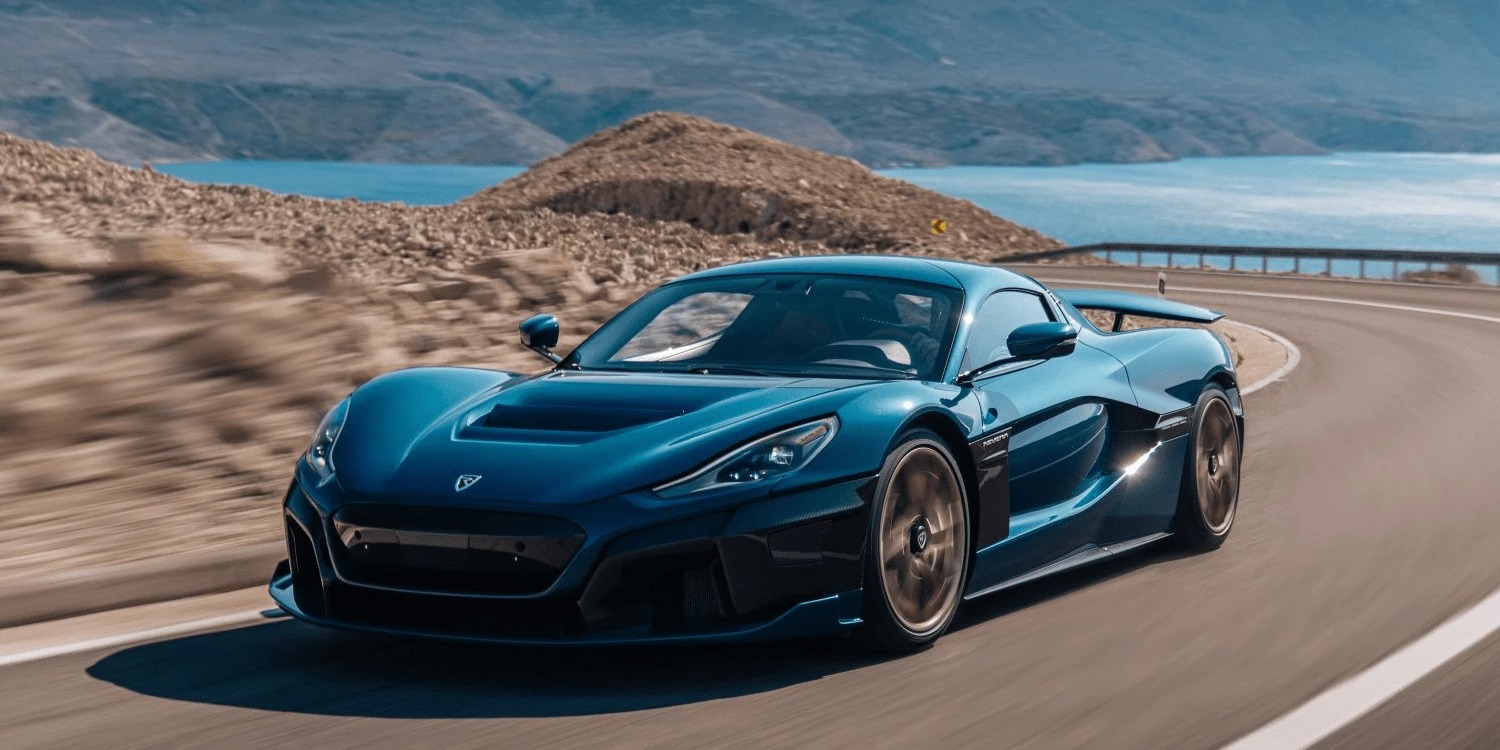A recent study conducted by the Rocky Mountain Institute (RMI), a US-based nonprofit organization, reveals that electric vehicles (EVs) are set for significant growth in the coming years, positioning them to claim a substantial portion of global car sales by 2030. The study suggests that this rapid ascent will signal the decline of global oil demand for cars, marking the beginning of the end for the internal combustion engine (ICE) era.
The report outlines a clear exponential growth pattern for EVs, likening their rising sales trajectory to an S-curve. It predicts that by 2030, EVs will dominate the global car sales landscape, accounting for between 62 percent and 86 percent of all car sales worldwide. Notably, China is expected to lead the charge, enjoying an EV market share of at least 90 percent.
A key driver of this shift is the declining cost of EV batteries, which benefit from learning curves. As a result, total cost of ownership price parity has already been achieved, and sticker price parity is expected to be reached in all major car markets and segments by the end of the decade. This development is poised to facilitate the expansion of the EV revolution into the southern hemisphere and extend its influence into various other transportation sectors.
The rapid growth of EVs has significant implications for the oil industry, as global oil demand for cars reached its peak in 2019 and has since plateaued, impacted by both efficiency gains and the surge in EV adoption. By 2030, oil demand for cars is projected to decline by more than 1 million barrels per day (bpd) each year, with the endgame in sight for one-quarter of global oil demand, according to RMI.
Furthermore, the growth in automotive battery production is driving lower costs and higher energy densities, leading to transformative changes in other transportation sectors worldwide. This includes not only two-wheelers in the Southern Hemisphere but also heavy trucks in China and the United States, as mentioned in the report.
The International Energy Agency (IEA) has adjusted its forecasts, anticipating Chinese gasoline demand to peak at approximately 3.7 million bpd in 2024, earlier than previously expected. China, the world’s largest EV market, has witnessed robust retail sales of 4.44 million new energy vehicles (NEVs) from January to August, marking a 36.0 percent year-on-year increase, as reported by the China Passenger Car Association (CPCA). In this period, NEVs accounted for 33.6 percent of China’s 13.2 million retail sales of all passenger vehicles.
Breaking down the numbers, China’s retail sales comprised 3.0 million battery electric vehicles (BEVs) and 1.44 million plug-in hybrids (PHEVs) during the same period, contributing 22.7 percent and 10.9 percent, respectively, to all passenger vehicle retail sales. These figures underscore the rapid and transformative shift towards EVs in the world’s largest automobile market.

